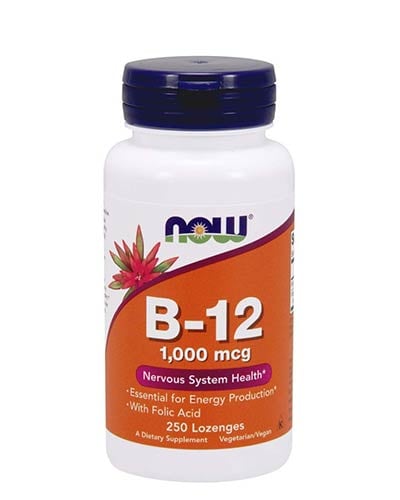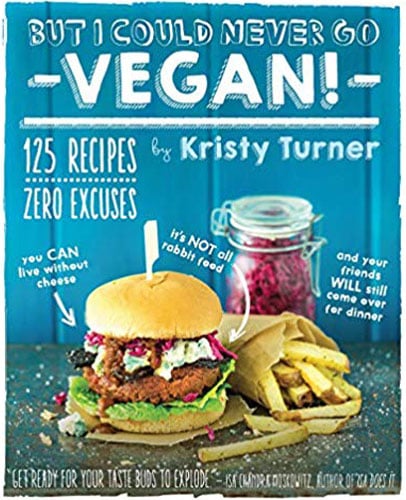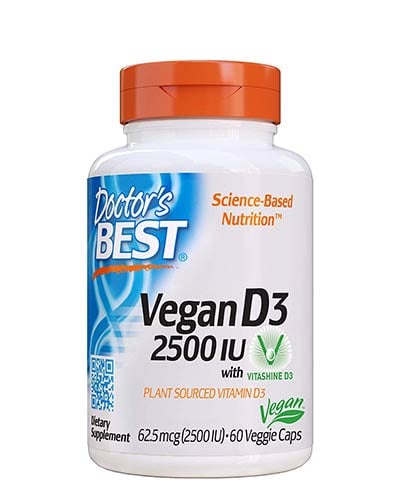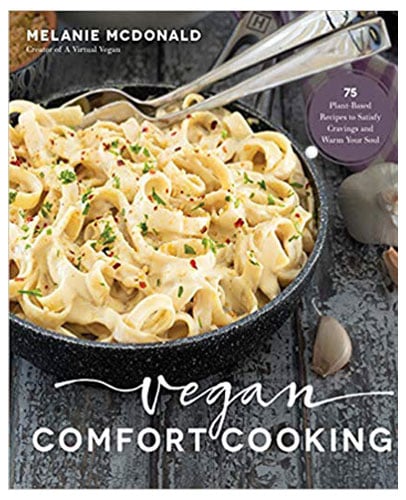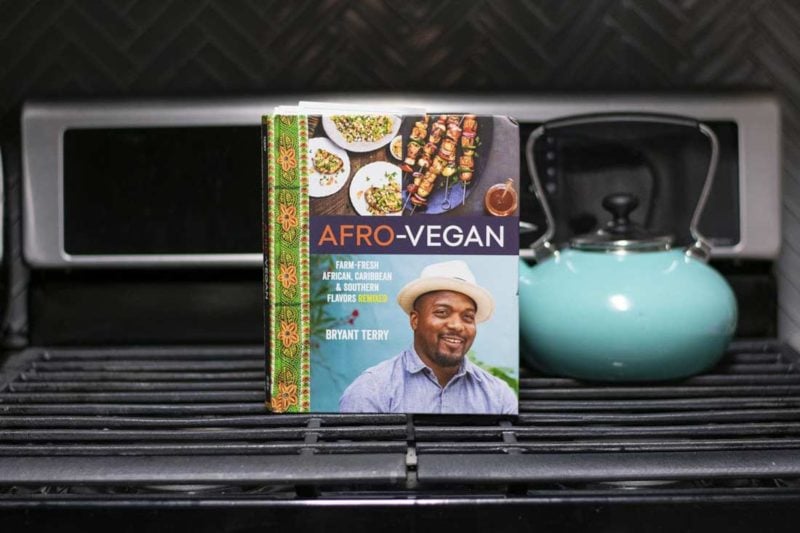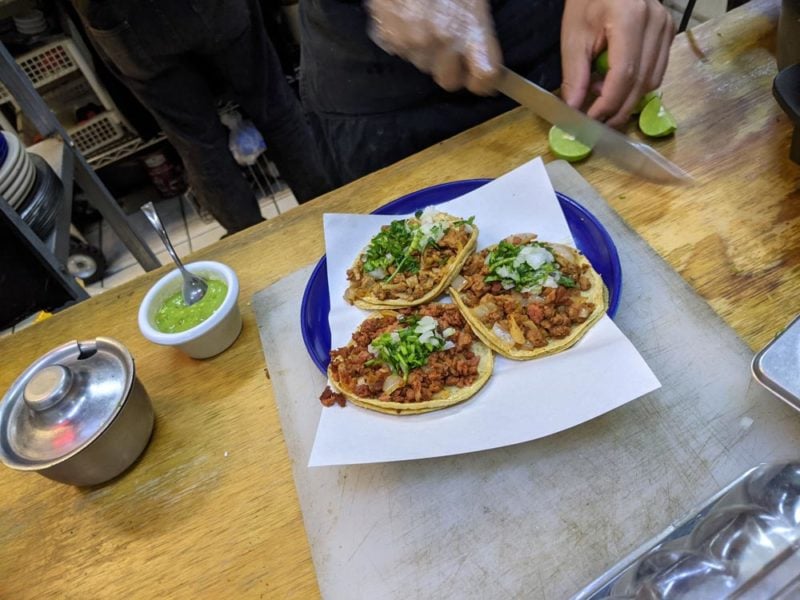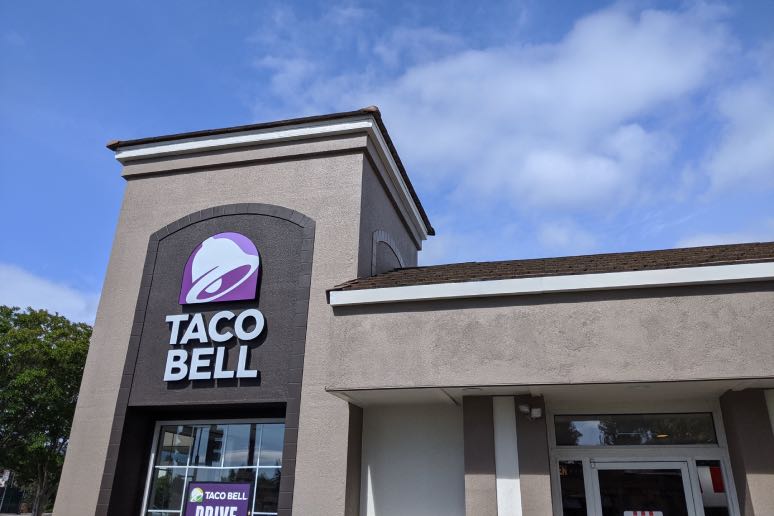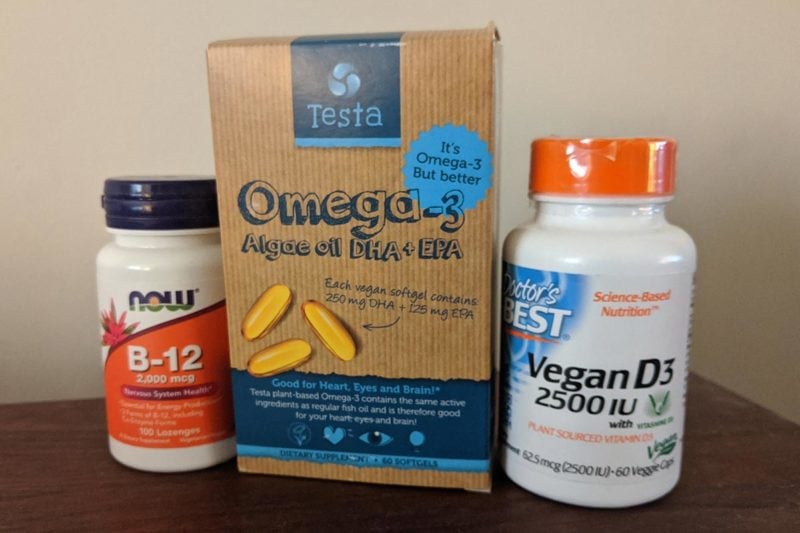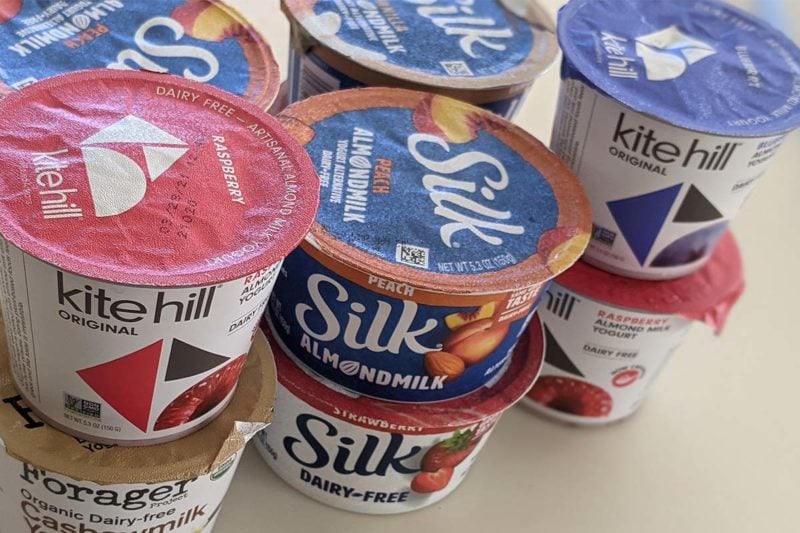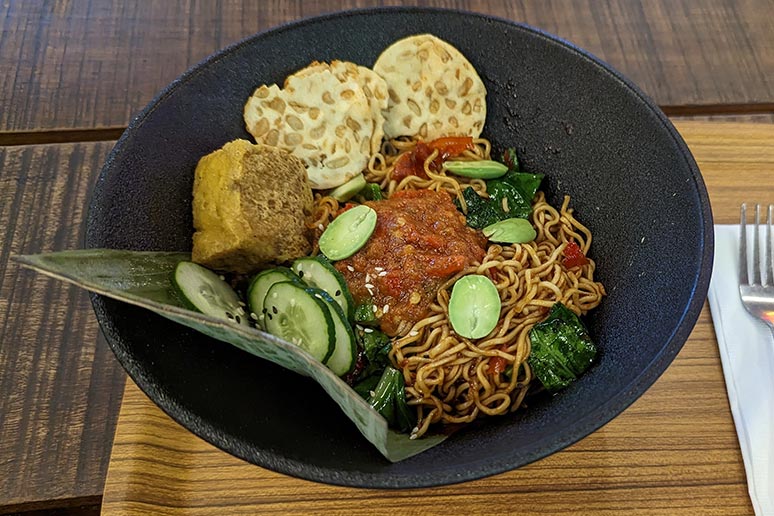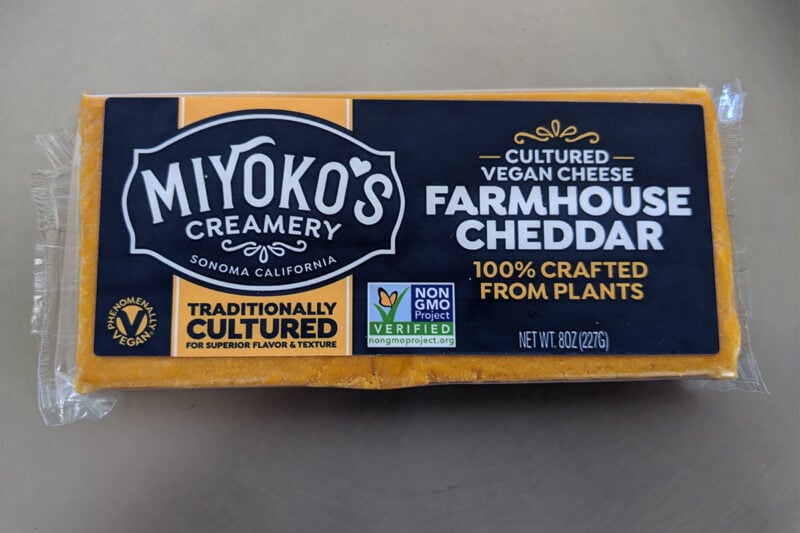Once eaten mainly in Greece, Turkey, and the Middle East, tahini has gained worldwide popularity—especially in vegan circles. Tahini (also spelled: tahina) is the Arabic word for sesame seed butter. The sesame seeds that go into tahini are either raw or roasted. Like coffee, the roasting may be light or dark, and darker roasting gives the tahini a complex and smoky flavor. By contrast, tahini made from raw sesame appears in countless raw food recipes.
Tahini shows up in some of the most popular Middle Eastern dishes. It’s a key ingredient in hummus and baba ghanouj.
You can also spread tahini on bread—if you take that route, toss on a few sliced dates a perfect accompaniment.
Is Tahini Vegan?
Since tahini contains nothing but ground sesame seeds, it’s invariably vegan. Like any seed-based food, tahini is rich in protein and healthy fats. It’s also a terrific source of calcium and several other minerals.
You can make a wonderfully creamy dairy-free sauce in minutes by mixing tahini with water, lemon juice, and minced garlic. People commonly call this sauce tahini, when it should really be called tahini sauce (or tahini dressing). This can create confusion for vegans, since Greek-style falafel restaurants usually add yogurt to their tahini sauce. Tahini sauce is an essential accompaniment to falafel, and it’s also a magnificent salad dressing. If you enjoy savory vegan bowls, tahini sauce is an unbeatable addition.
When ordering falafel at restaurants, always ask whether the tahini sauce contains yogurt.
Purchasing Tahini
Tahini deserves a place in your pantry, especially if you’re vegan or if you love Middle Eastern cooking. It’s also an excellent food for disaster prepping given its long shelf life and nutrient density.
For such a simple food, the quality varies immensely from one brand to the next. I’ve found that tahini produced in the Middle East consistently tastes better than brands made elsewhere. Al Wadi tahini, which is made in Lebanon, is reasonably priced and perhaps the tastiest brand on the market.


